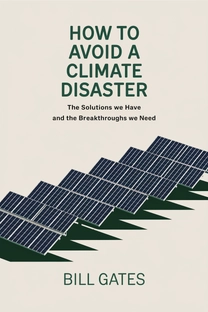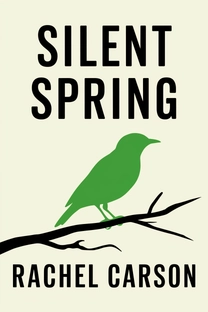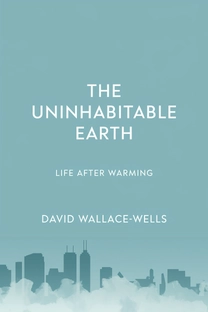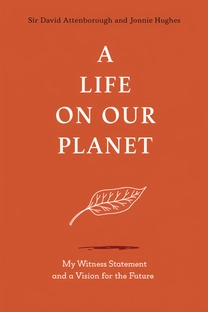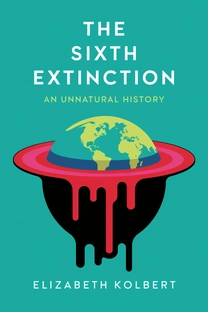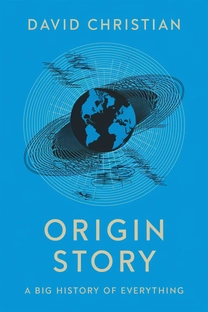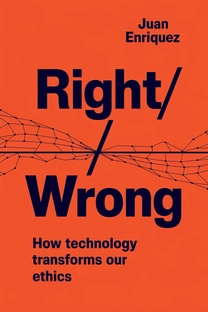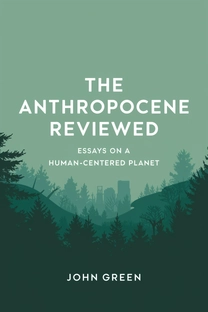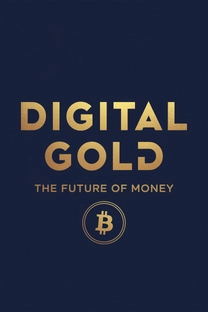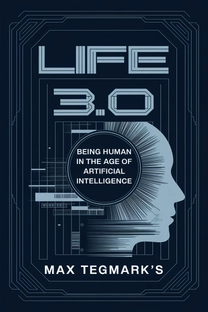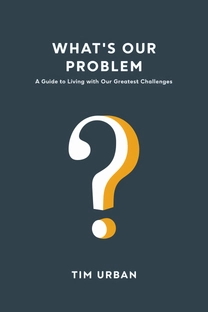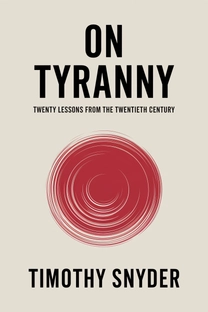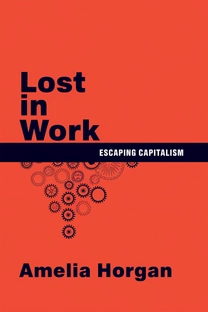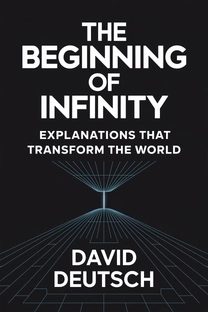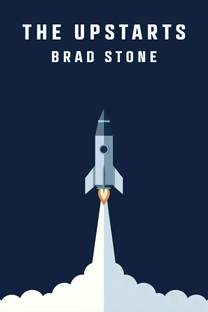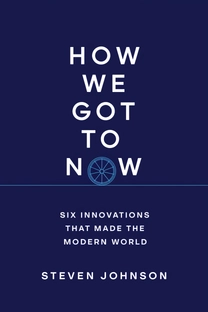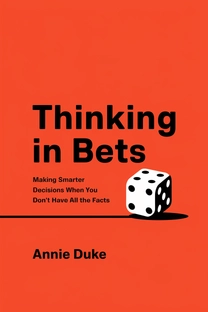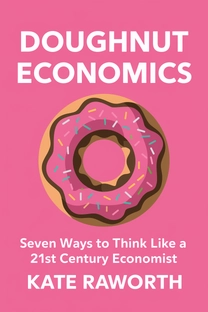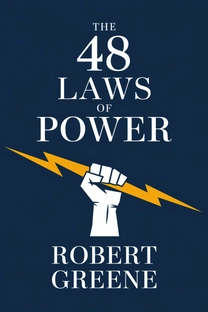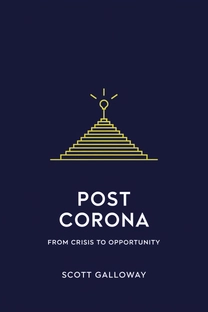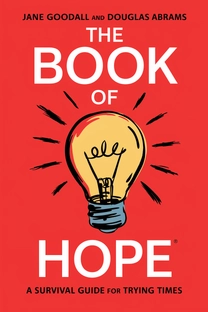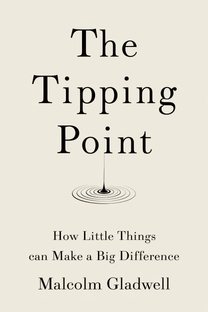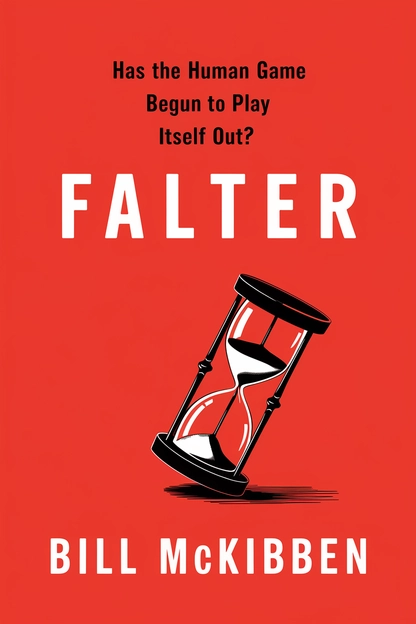
Falter
Has The Human Game Begun To Play Itself Out?
by Bill McKibben
Brief overview
This book shines a light on our changing planet and the powerful forces shaping humanity’s future. It explores how climate disruption, corporate power, and emerging technologies like artificial intelligence are raising profound questions about our ability to endure as a culture. By reading it, you’ll grasp the challenges ahead and discover a renewed sense of purpose to help preserve humanity’s core values.
Introduction
Climate change and technology might seem like separate concerns, but they share a common theme: what we do now directly shapes tomorrow’s world. Throughout history, human ingenuity helped us solve countless issues, but today’s looming threats feel uniquely urgent.
In these pages, we’ll explore how rising temperatures, intense corporate resistance, and rapid scientific developments like artificial intelligence and CRISPR gene editing combine to pressure human life as we know it.
We’ll also see that we have tools, both political and technological, to avoid the worst outcomes. The question remains: can we muster the will to deploy them effectively in time?
The Planet in Peril
Excess carbon is warming our planet faster than many scientists once feared. Glaciers and polar ice continue melting, pushing sea levels upward. More frequent heatwaves, storms, and droughts are growing too big to ignore.
Faltering crops underscore just how fragile the food system can be. Many staple harvests—such as wheat, rice, and corn—suffer under extreme weather conditions, threatening food security for hundreds of millions of people.
On top of that, disruptions in water supply and unpredictable seasonal changes drive communities away from their homes in search of safe ground. Tensions around climate-driven migration highlight how closely tied we all are in this precarious era.
What is Falter about?
"Falter: Has the Human Game Begun To Play Itself Out?" by Bill McKibben embarks on a probing journey through the core challenges that threaten the continuation of human civilization. Delving into the entwined dynamics of climate change, unchecked corporate power, and disruptive innovations like artificial intelligence, McKibben raises pertinent questions about our collective future.
The book spotlights how these powerful forces, forged by human hands, have begun to test our cultural resilience and adaptability. With insightful commentary, McKibben connects the dots between environmental destruction, social inequality, and technological advances, making a compelling argument for immediate action. The message resonates, urging readers to reflect on their role in preserving humanity's essence and driving change.
Rooted in urgency yet infused with hope, the narrative stakes a claim as both a cautionary tale and a rallying cry. By tackling the pressing issues of our era, McKibben not only reveals the fragility of Earth's systems but also offers pathways to rekindle a sense of stewardship and optimism.
Review of Falter
Bill McKibben's "Falter" is an incisive exploration of the critical challenges facing our modern world. With sharp acuity, McKibben uncovers the underlying truths behind climate realities, AI advancements, and genetic engineering, presenting them not just as isolated threats, but as interconnected forces reshaping humanity’s path.
Throughout the pages, McKibben's ability to translate complex scientific and socio-political themes into accessible prose becomes evident. He highlights the ethical stakes involved, using the power of narrative to engage readers deeply. His writing style, rich in texture yet educational, invites a wide-ranging audience - from environmental activists and tech enthusiasts to scholars in social sciences.
Notably, the book illuminates practical applications of renewable technologies and grassroots movements as avenues for countering climate and technological perils. McKibben’s well-rounded perspective and ability to personalize these global issues make the book relevant for any reader invested in the future of our society.
In sum, "Falter" is not just a book about imminent threats; it's a call to action. McKibben nudges the audience towards reflection and participation, marking it a must-read for those concerned with meaningful environmental and societal discourse.
Ultimately, "Falter" earns an unequivocal recommendation for its fearless approach to tackling one of the most consequential periods in human history.
Who should read Falter?
- Environmental Activists and Climate Change Enthusiasts: This book offers deep insights into the tangible impacts of global warming and explores sustainable solutions, making it insightful for eco-conscious readers.
- Policy Makers and Sociopolitical Scholars: It provides useful knowledge and perspectives for anyone involved in decision-making or the study of governance and resource distribution.
- Tech Enthusiasts and AI Researchers: McKibben's exploration of AI's potential risks is relevant for those invested in the future of technological ethics.
- Students and Educators in Social Sciences: By bridging climate science with societal implications, "Falter" becomes an excellent resource for academic learning and discussion.
- Community Organizers and Grassroots Leaders: The book’s focus on activism and societal change offers inspiration and strategies for those working to mobilize communities for a sustainable future.
About the author
Book summaries like Falter
Why readers love Mindleap
10-Minute Book Insights
Get the core ideas from the world's best books in just 10 minutes of reading or listening.
Curated For You
Discover your next favorite book with personalized recommendations based on your interests.
AI Book ExpertNew
Chat with our AI to help find the best book for you and your goals.
Reviews of MindLeap
Love how I can get the key ideas from books in just 15 minutes! Perfect for my busy schedule and helps me decide which books to read in full.
Alex R.
The summaries are incredibly well-written and the audio feature is perfect for my commute. Such a time-saver!
Jessica M.
Great app for personal growth. The insights are clear and actionable, and I love how they capture the essence of each book.
Chris P.
The app is beautifully designed and the summaries are top-notch. Definitely worth every penny!
Sarah K.


